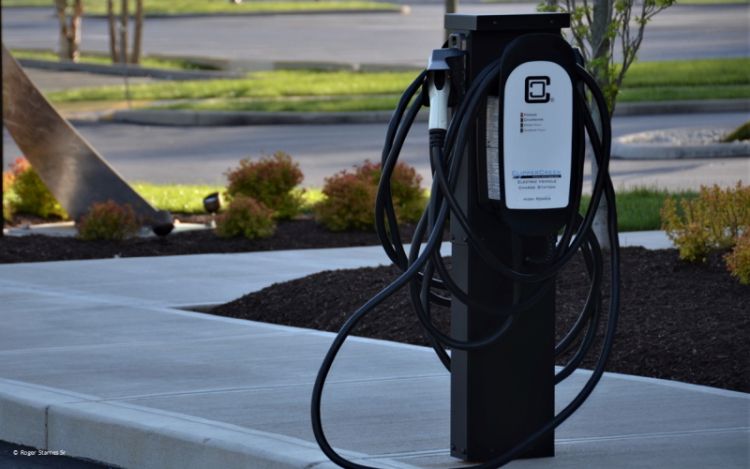European Parliament approves the Alternative Fuels Infrastructure Regulation
The Alternative Fuels Infrastructure Regulation (AFIR) establishes minimum mandatory national targets to implement alternative fuel infrastructure in the European Union.
Intending to achieve climate neutrality in the European Union (EU), the European Parliament recently approved the AFIR, setting mandatory minimum national targets for implementing alternative fuel charging infrastructure.

This regulation aims to create a network of car charging stations every 60 km (37 miles) and hydrogen refueling stations every 100 km (62 miles). The measure is part of the Parliament's "Fit for 55 in 2030" plan to reduce greenhouse gas emissions by at least 55% by 2030 compared to 1990 levels. EU member states must submit their plan to meet the infrastructure targets by 2024. They must also consider simplifying the charging systems, making them accessible to all brands, and facilitating payments, including pricing per kWh or Kg.
Some of the targets set by the AFIR are considering the following deadlines:
By the end of 2025, the network coverage of heavy-duty vehicles should be similar to passenger cars, i.e., at least one charging station every 60 km, only on the main roads of the TEN-T network. By December 31, 2025, each charging group must offer a power of at least 1,400 kW and include at least one charging station with an individual capacity of at least 350 kW.
By 2027, the European Union intends to create an access point for information on network availability, waiting times, and prices.
By the end of 2030, the approved text states that each recharging group to be set up must have an available power of at least 600 kW and include at least two stations with an individual capacity of at least 150 kW. In addition, before December 31, 2030, each EU country must have at least one publicly accessible hydrogen refueling station in each urban node. As for heavy-duty vehicles, the regulation expands the targets and states that by 2030, each recharging group must offer an available power of at least 3,500 kW and have two stations of at least 350 kW.
The AFIR approval comes in response to increased EV adoption, which requires significant development of EV charging infrastructure in Europe. It is also a unique opportunity to build a world-class EV ecosystem that could generate new jobs, reduce air pollution, and accelerate Europe's carbon-neutral by 2050.
Source:
Autónomos ¡En Ruta!
Global Fleet Management
McKinsey & Company
- Frotcom
- Alternative Fuels Infrastructure Regulation
- AFIR
- European Parliament
- European Union (EU)
- Climate action
- Electric vehicles
- EVs
- EV transition
- EV acceleration

